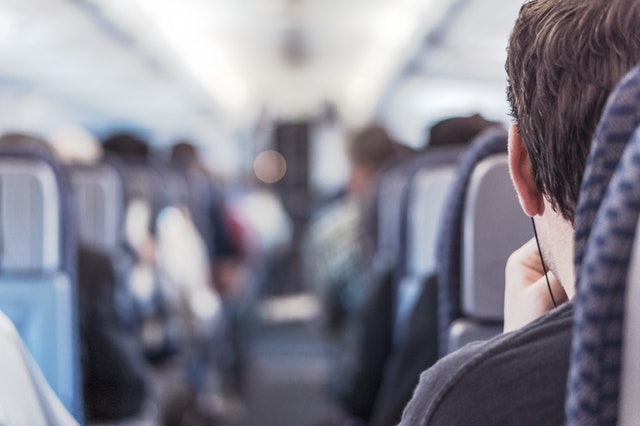Business Travel and How to Avoid Hidden Expenses
Whether you travel to meet clients for your own business, your company requires you to travel, or someone else you know travels for work, traveling for work isn’t a simple matter. It can get confusing and you can end up paying for a lot of things you won’t get reimbursed for.
Frequent Flyer Programs. It sounds like a great deal getting points when you fly. Many credit cards can even be used to earn airline miles. The problem is, it takes a whole bunch of trips to earn enough miles to cover even one flight for one family member. Don’t plan on getting free flights for your family vacation just because you’ve been traveling for business. There are even cases where a company may not let you keep your frequent flyer miles. Make sure you know what the company expects before you get stuck with a huge bill or lose those airline miles you worked so hard to get. After a full year of flying twice a week, I didn’t even have enough miles to fly from Des Moines to Orlando!
Meal Reimbursements. When I was traveling full-time for my job, I had people tell me all the time that I was so lucky I got to eat out at fancy restaurants for free. That’s not exactly how it works. Sure, you get reimbursed for your meals, but there are restrictions and hidden pitfalls about eating on the road. Before you start charging away, find out if your company reimburses for every single dollar you spend on food and beverage or if they pay you a daily rate/per diem (for example, $65) every day regardless of what you spend. Then make sure you tailor your spending to make sure you don’t end up costing yourself money.
One hidden expense pops up with drinks. Most companies won’t pay for alcoholic beverages, but when you’re on the road, you often need them! It is easy to justify paying 15-30 extra dollars a night on beverages when you’re getting reimbursed for everything else, but those out-of-pocket dollars can quickly wipe out the money you get back.
Other hidden food expenses come from appetizers and splitting bills with your co-workers. Make sure the “extras” you get for yourself, or your share of a group bill, fit within your own budget. I once had to argue with a group of co-workers about how we should split our bill. They kept complaining that my one martini cost more than their iced teas, but they kept forgetting they’d each ordered an appetizer that I didn’t even touch. Don’t get caught up by being the nice person who doesn’t say anything but then gets the extra bills.
You don’t have to go out to eat every night. If you have a kitchen area in your hotel room, you can prepare store-bought groceries (and make use of some coupons) in your room. It is easier to prepare your own healthy meals, too, when you go to the store ahead of time and select items when you’re not hungry rather than going with a group last minute and hoping the restaurant has healthy options.
If your family members come with you on business trips, make sure you understand that their food will not be reimbursed.
Spending in Advance. Another thing that is difficult about business travel is that you have to pay for many items up front. Depending on the company, you may have to fork up the cash for a hotel bill and all of your daily meals. Keep in mind that you may not get reimbursed for this spending until a month later. You’ll get the money eventually, but if you spend too much, you may have to rely on maxing out credit cards to pay your monthly bills. By the time you get reimbursed, you may rack up fees for carrying balances on your credit cards. By then, you’re playing catch up and it can be very stressful. And yes, I’m speaking from experience here, too. I ran into a situation where the client was taking so long to pay, that two years later, I was still paying for some of my credit card fees.
Make sure you understand the employer or client’s expectations for how you will charge travel expenses, and see if there are other options if you’re not happy with the situation.
Life on the road is tough enough without wasting your hard-earned cash. Follow these tips to make the most of your reimbursements and travel opportunities.

